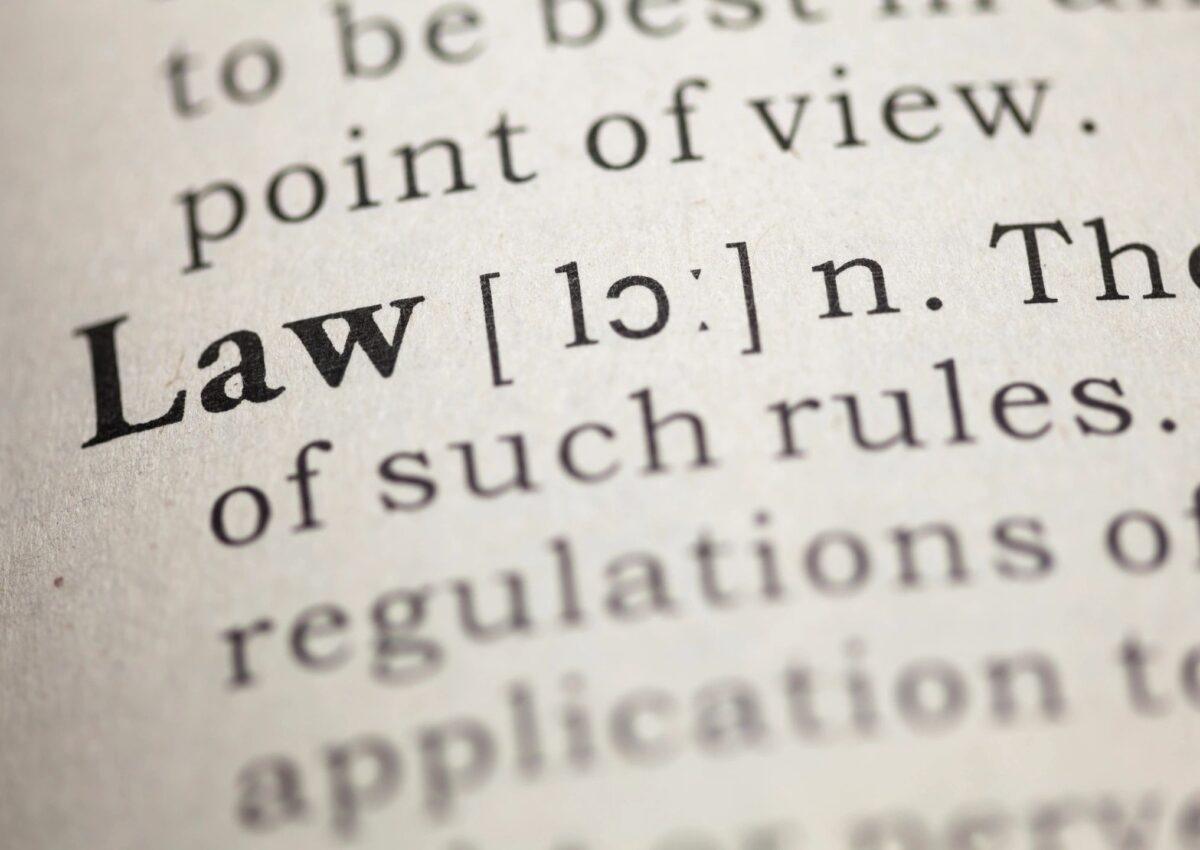
“In any case management conference or review conducted under this chapter, the parties must address, if applicable, and the court may take appropriate action with respect to, the following:
(1) Whether there are any related cases;
(2) Whether all parties named in the complaint or cross-complaint have been served, have appeared, or have been dismissed;
(3) Whether any additional parties may be added or the pleadings may be amended;
(4) Whether, if the case is a limited civil case, the economic litigation procedures under Code of Civil Procedure section 90 et seq. will apply to it or the party intends to bring a motion to exempt the case from these procedures;
(5) Whether any other matters (e.g., the bankruptcy of a party) may affect the court’s jurisdiction or processing of the case;
(6) Whether the parties have stipulated to, or the case should be referred to, judicial arbitration in courts having a judicial arbitration program or to any other form of alternative dispute resolution (ADR) process and, if so, the date by which the judicial arbitration or other ADR process must be completed;
(7) Whether an early settlement conference should be scheduled and, if so, on what date;
(8) Whether discovery has been completed and, if not, the date by which it will be completed;
(9) What discovery issues are anticipated;
(10) Whether the case should be bifurcated or a hearing should be set for a motion to bifurcate under Code of Civil Procedure section 598;
(11) Whether there are any cross-complaints that are not ready to be set for trial and, if so, whether they should be severed;
(12) Whether the case is entitled to any statutory preference and, if so, the statute granting the preference;
(13) Whether a jury trial is demanded, and, if so, the identity of each party requesting a jury trial;
(14) If the trial date has not been previously set, the date by which the case will be ready for trial and the available trial dates;
(15) The estimated length of trial;
(16) The nature of the injuries;
(17) The amount of damages, including any special or punitive damages;
(18) Any additional relief sought;
(19) Whether there are any insurance coverage issues that may affect the resolution of the case; and
(20) Any other matters that should be considered by the court or addressed in its case management order.”
(California Rule of Court 3.727.)
Law Offices of James R. Dickinson – 909-848-8448
How To Schedule A Consultation:
Please call us at 909-848-8448 to schedule a free consultation/case evaluation or complete the form immediately below. [Please note certain formalities must be completed to retain the Law Offices of James R. Dickinson, such as the signing of a legal fee agreement [see “Disclaimers”]].
